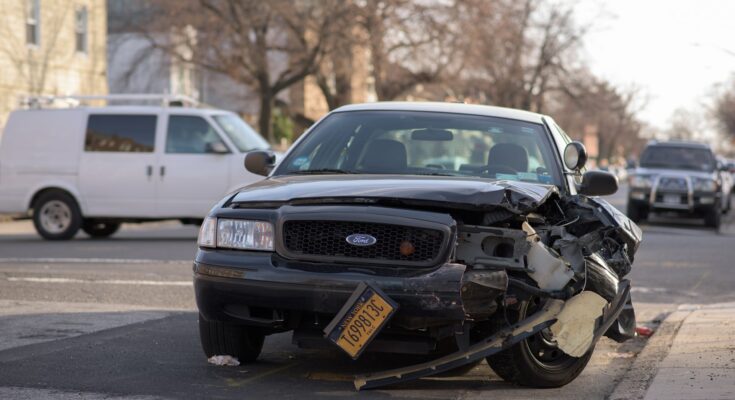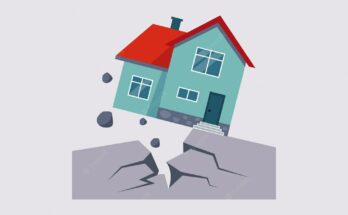Being in a car accident is no one’s idea of a good time. However, they do happen from time to time, and when they do, it can be stressful and chaotic. If you find yourself in the unfortunate position of getting into a car accident, here’s what you need to know about the role of car insurance in a car accident and how it can help cover your expenses and protect you if you are found at fault.
What is the role of car insurance in a car accident?
Car insurance is necessary for every driver. The role of car insurance in a car accident is to cover your medical expenses, lost wages if you are unable to work, any property damage, and any other costs incurred if you are found to be at fault. The coverage provided by your insurance company will depend on the type of policy you have and your specific policy terms. Regardless of who is found to be at fault, car insurance will help cover your expenses if you are injured in a car accident. The role of car insurance in a car accident also includes providing liability coverage. Car insurance will help cover any costs associated with the accident if you are found to be at fault, such as damage to the other driver’s car, medical bills related to injuries sustained by passengers in the other car, and any property damage.
Who is liable for the accident?
In the event of a car accident, the driver of one or both cars might be held liable. Liability laws vary between states and even between cities, so make sure you know the laws in your community. If you are at fault for the accident: You will need to file a claim with your insurance company to receive coverage for any medical expenses, property damage, or other costs associated with the accident. If another driver is at fault for the accident: You may need to file a claim with his/her insurance company to receive coverage for any medical expenses, property damage, or other costs associated with the accident. If the other driver is underinsured, uninsured, or does not have car insurance at all, you will need to file a claim with your own insurance company to receive coverage for any medical expenses, property damage, or other costs associated with the accident.
Types of Car Insurance Coverage
If you are at fault for the accident, your car insurance coverage will help cover the expenses associated with the accident. The coverage provided will depend on the type of policy you have and your specific policy terms. Bodily injury liability: This type of coverage will help cover medical expenses, property damage, and any other costs associated with the accident if you are found to be at fault. Property damage liability: This type of coverage will help cover property damage if you are found to be at fault. If the other driver is not at fault, this coverage will help cover any property damage to your car. Uninsured/underinsured motorist coverage: This type of coverage will help protect you if the other driver is at fault and does not have car insurance, is underinsured, or is driving without a valid license. Medical payments coverage: This type of coverage will help cover your medical expenses if you are found to be at fault and need to visit the doctor as a result of the accident.
Frequently Asked Questions
– What does uninsured motorist coverage do? This coverage will help cover your medical expenses, lost wages, or other costs associated with the accident if the other driver is at fault but does not have car insurance or does not have enough car insurance coverage to cover your expenses. – What does underinsured motorist coverage do? If the other driver is at fault but does have car insurance, but the coverage is not enough to cover your expenses, this coverage will help cover the difference. – What does collision coverage do? If you are found to be at fault for the accident, collision coverage will help cover any expenses associated with repairing your car. If the other driver is at fault but has car insurance, collision coverage will help cover any expenses associated with repairing the other driver’s car. – What does comprehensive coverage do? If you are found to be at fault for the accident, comprehensive coverage will help cover expenses associated with fixing damage to your car that is not covered by collision coverage, such as damage from vandalism, floods, fires, falling objects, or theft.
Conclusion
Being in a car accident is a stressful and chaotic situation. Although accidents can and do happen to the best of us, there are ways to protect yourself and those around you during a car accident. The role of car insurance in a car accident is to help pay for any expenses associated with the accident, no matter which party was at fault. The car insurance coverage you have will determine what types of expenses are covered and to what extent, but regardless of the situation, car insurance will help cover expenses that would have otherwise been out of your own pocket.



